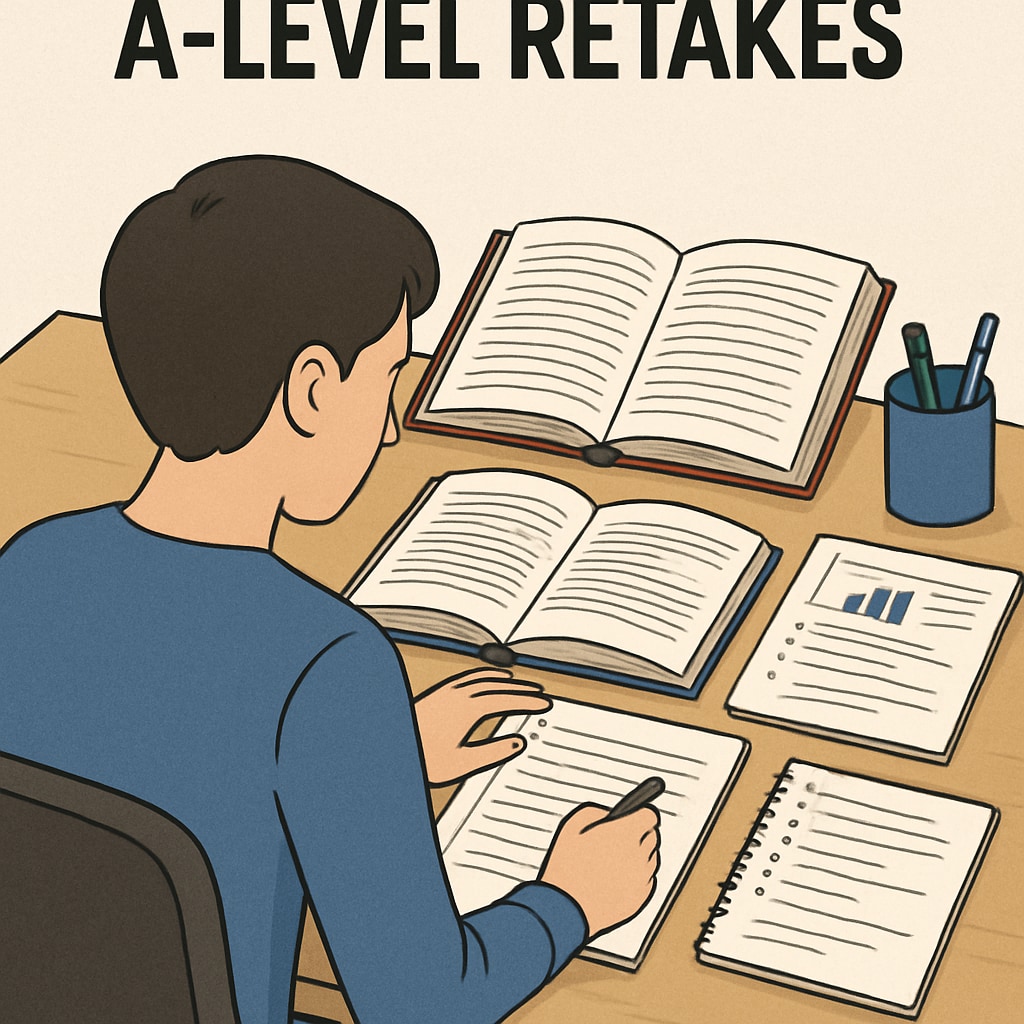The journey to university can be filled with challenges, especially when A-level exams don’t go as planned. While disappointing results may feel like a major setback, it’s crucial to remember that there are still viable paths forward. From retaking exams to exploring foundation programs, students have options to ensure their academic future remains bright. This article will explore three common pathways—retakes, adjusting university choices, and foundation programs—to help students and parents make informed decisions about their educational journey.
Retaking A-levels: A Second Chance
For students who believe their A-level results don’t reflect their true potential, retaking exams can be a logical step. This option allows students to improve their grades and reapply to their preferred universities. However, it’s important to weigh the pros and cons of this decision carefully.
- Advantages: Retaking A-levels provides an opportunity to aim for higher grades and gain admission to competitive programs. It also demonstrates resilience and determination, qualities valued by universities.
- Disadvantages: The process can be time-consuming and stressful. Additionally, some universities may view retakes less favorably, especially for highly competitive courses.
Students considering this option should seek support from experienced tutors or specialized centers to address areas of weakness effectively. A strategic approach can make a significant difference in achieving better results.

Adjusting University Expectations: Broadening Horizons
Another option for students is to reconsider their university choices. Many universities offer a range of courses with varying entry requirements, and some may be more flexible with admission criteria. This pathway allows students to start their higher education journey without delay.
- Advantages: Students can begin their studies immediately, avoiding the gap year associated with retakes. This option also introduces opportunities to explore universities and courses they may not have previously considered.
- Disadvantages: Lower-ranked universities or alternative courses might not align with a student’s initial career ambitions, requiring adjustments in long-term goals.
In addition, students should research universities with strong programs in their area of interest, regardless of overall rankings. Institutions across the globe are known for excellence in specific fields, even if they are less well-known overall.
Exploring Foundation Programs: A Supported Transition
For students seeking an alternative to traditional A-level routes, foundation programs (also called international foundation years) offer an excellent option. These programs are designed to bridge the gap between high school qualifications and university-level study, especially for international students or those with non-standard academic backgrounds.
- Advantages: Foundation programs are tailored to prepare students academically and culturally for university. They provide specialized support, ensuring that students develop the necessary skills to succeed in higher education.
- Disadvantages: These programs often come with additional costs and may extend the time required to complete a degree.
Many universities offer foundation programs as a direct pathway into their undergraduate courses. For example, the University of London and other globally recognized institutions have well-established foundation programs. Researching these options can open doors for students who might otherwise feel stuck.

Choosing the Right Path Forward
Ultimately, the best pathway depends on a student’s individual circumstances, goals, and resources. While retaking exams can provide a second shot at competitive programs, adjusting university expectations can allow for a quicker transition to higher education. Meanwhile, foundation programs offer structured support for students needing extra preparation.
Final Thoughts: A-level results may shape your immediate options, but they don’t define your future. With careful planning, support, and determination, students can find a university pathway that aligns with their aspirations. Remember, the journey to success is rarely linear, and setbacks often lead to new opportunities.
For more resources on navigating university options, check out this guide on education pathways.


